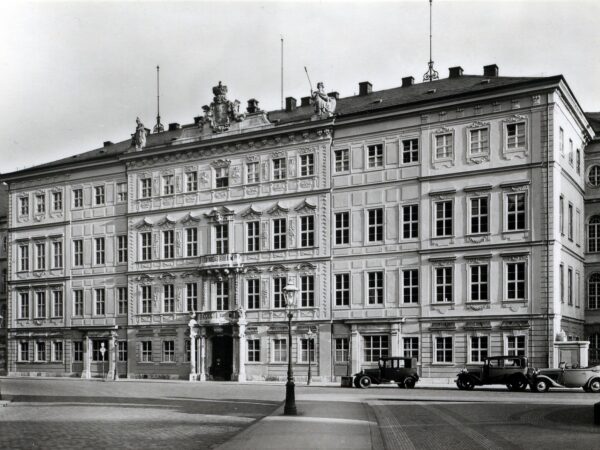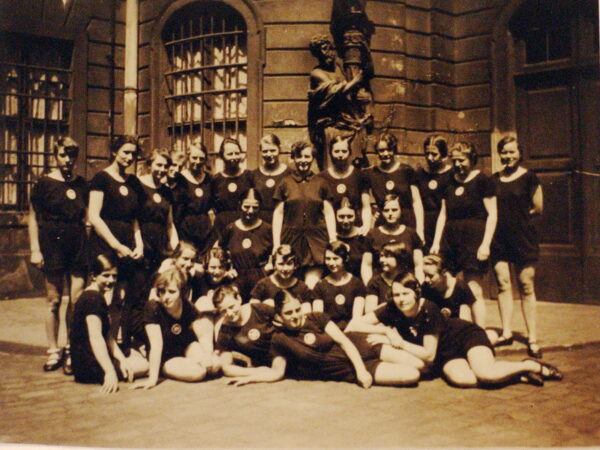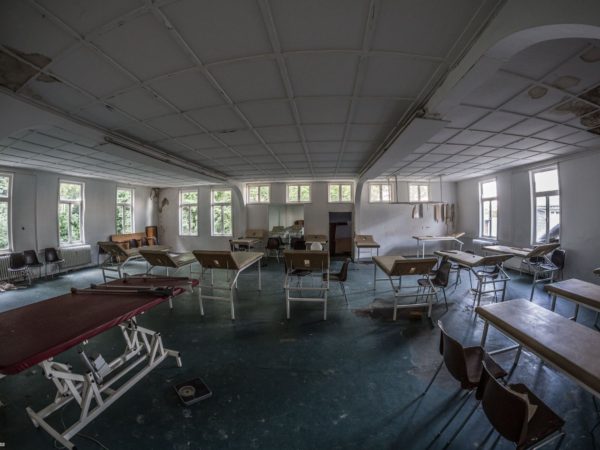Tag: Germany

Physiotherapy First
The phrase, “Physiotherapy First” could be interpreted as a call-to-action to prioritize physical treatments over pharmacotherapy and surgery. Use of the phrase is likely presumed to reflect the modern physiotherapy profession’s progression into primary care, the growing physiotherapy research base of high value care, and the concomitant confidence accompanying them. …

The State Institute for Physiotherapy and Massage in Dresden, Germany
(Translated by Sandra Schiller) Physiotherapy as a profession has different roots throughout Europe. Sweden pioneered medical gymnastics at the beginning of the 19th century. The initiator was Pehr Henrik Ling, a Swedish poet with a great love for nature and his country. The Royal Central Institute of Swedish Gymnastics was …

Researching the History of Physiotherapy in Saxony (Germany).
(Translated by Sandra Schiller) When I started research on the history of physiotherapy in Saxony for a talk I had been invited to give following German Reunification in 1990, I asked the state schools for physiotherapy in Leipzig, Zwickau and Dresden for any memorabilia they might have. One of the …

Interview with an East German Specialist Physiotherapist
An interview with Brigitte Böttcher, former specialist physiotherapist for psychosocial medicine in the German Democratic Republic (GDR). The distinct historical development of physiotherapy in the German Democratic Republic (1949 to 1990) has been neglected. For this reason, the experiences and memories of witnesses are crucial to learn more about this …

The End of a Physiotherapy School
Abandoned architectural, infrastructural or technological artifacts of the past are scattered all around the world, reminding us that nothing built by (wo)man can ever stand the test of time on its own. The reasons behind the abandonment of such places vary, and for a long time in most cases they …

Lina Haag (1907-2012): A Moral Voice in Nazi Germany
In 2012 Lina Haag died near Munich at the advanced age of 105 years. She was born in 1907 in the German southwest as the daughter of a maid and a worker and became involved in the German Communist Party in the 1920s. After the Nazis seized power, her husband …

“History of Physiotherapy in the Post-War Period and the 1950s” – An Oral History Project from Germany (Work in Progress)
By Karoline Munsch and Sandra Schiller Over the years, quite a number of oral history projects have been conducted in physiotherapy, for example in the USA (https://www.apta.org/History/OralHistories/), the United Kingdom (http://sami.bl.uk) and New Zealand (https://100yearsofphysio.org.nz/oral-histories/). The occasion for such projects has often been an anniversary, e.g. the centenary of the founding …
